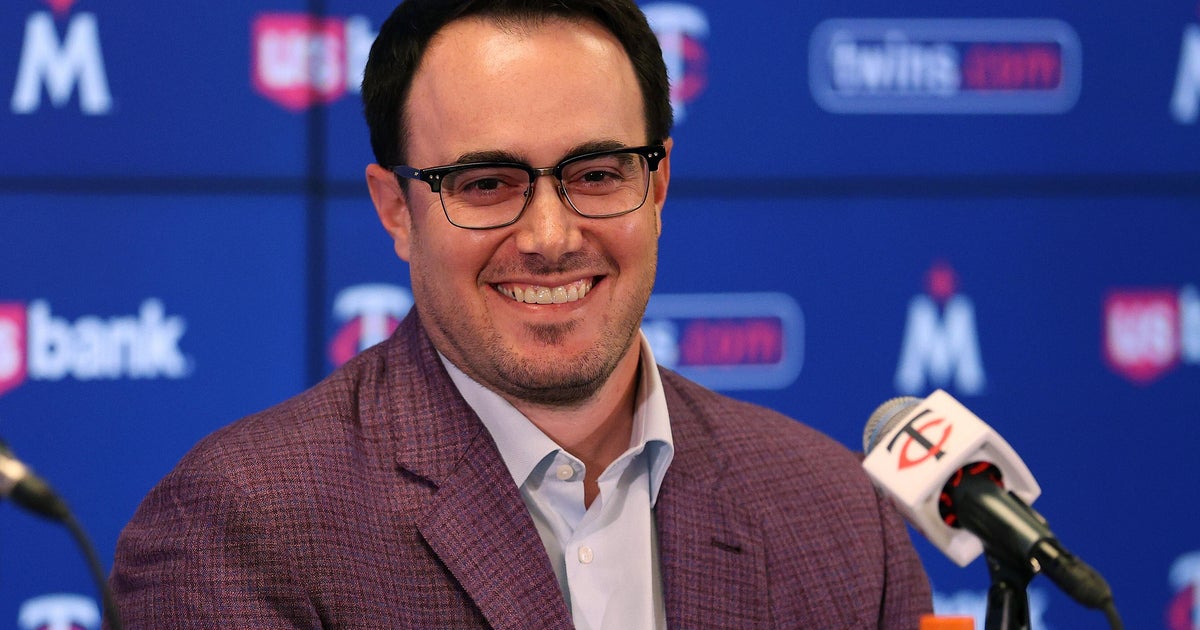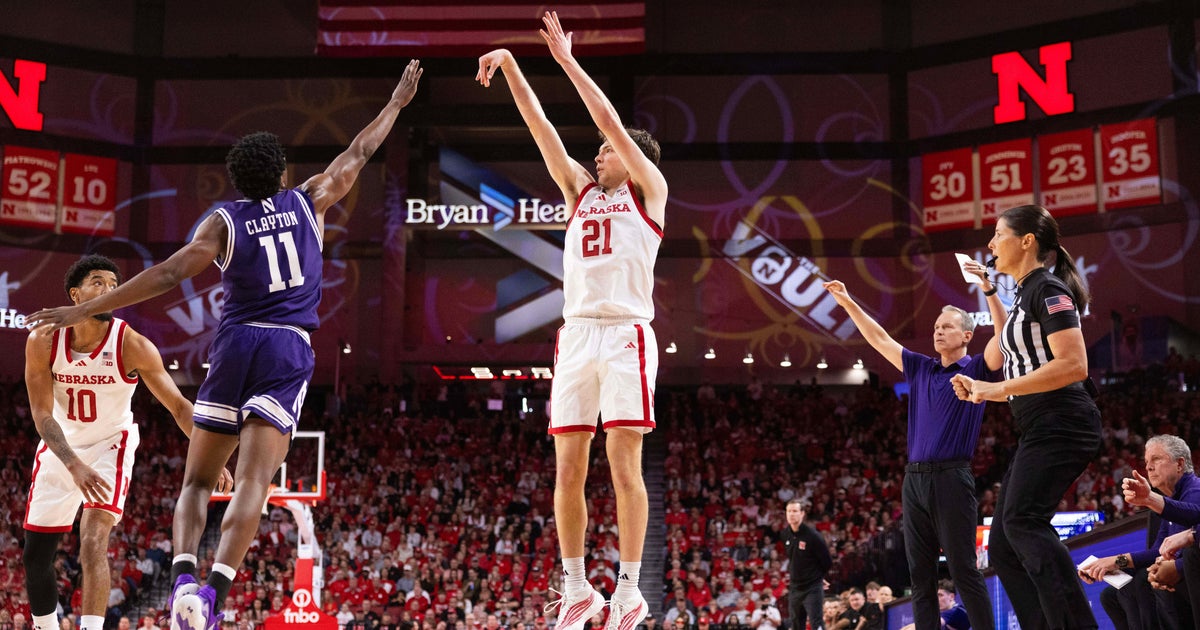Keidel: I Used To Feel Bad For Pete Rose — Not Anymore
By Jason Keidel
» More Columns
This is the first of a three-tiered treatise on karma.
Three former greats and current icons are paying an epic, karmic tax. And the list of luminaries is as varied as it once was victorious.
Pete Rose. Tiger Woods. Isiah Thomas.
Let's start with our national pastime, where Rose is paying more than the bookie. If he thought the vig was big on his biblical betting slip, imagine how he feels now that we've learned he allegedly lied (again) about his titanic gambling appetite.
He admitted to betting on baseball when he managed the Cincinnati Reds a quarter-century ago.
But now it seems he bet on his Reds while he was playing for the Reds, which is a game-changer. Pun intended.
It was sordid enough when the skipper bet on his ballclub. Unforgivable by baseball standards. Ever since 1919 -- going back to the Black Sox Scandal -- baseball has been rigid and neurotic about betting on the game. Understandably so, because it leads to a Black Sox Scandal or something similar. Once you get under the thumb of your local bookie, your game and your soul become compromised.
Like WFAN host Mike Francesa said on Tuesday, the danger is you get 25 grand in the hole -- which you can't pay -- plus the $2,500 vig (which is a tax in bookie vernacular). Your bookie becomes your buddy, laps his arm around you, and whispers in your ear that you can be forgiven for your sins if you strike out with ducks on the pond, if you let that ground ball fall through the wickets, if you throw that double-play ball slightly too far to the left; if you jog, not sprint, to first base.
Rose and his apologists make what they think is an essential distinction: He bet on, not against, the Reds, and thus he played onions-out until the final pitch. That's not the point. All compulsive gamblers lose because they lose the one thing every player, and gambler, needs to succeed: perspective. And honesty. And integrity.
Most of you know I led the "Free Pete Rose" crusade. But this new news is hardly old news. Nor is it trivial. The man flouted the most important, sacrosanct rule in the sport. You don't bet on baseball. And he did. A lot. And lied about it all.
When he conceded his managerial malfeasance, we forgave him. At least he didn't do it as a player. At least Charlie Hustle the player is pristine. We didn't have to metabolize, digest or rearrange our childhood memories. We didn't have to burn those baseball cards that had his sprawling stats on the back.
I still remember going to "Gus and Bernie's" candy store on Columbus Avenue, circa 1979, and gawking at all those seasons, from about 1964 up to my 10th birthday. He had done so many diamond deeds that his card practically needed an addendum, a plastic appendage, to cover all his accolades. And a red bar streaked across the top of the card, saying "All Star." Some baseball cards were different from the rest. Some players were different from the rest. Sadly, it turns out, some men are different from the rest.
We thought Rose being rebuffed at the gates of Cooperstown all came back to his tete-a-tete with Bart Giamatti and then Fay Vincent. At first we thought Vincent was being obdurate because he was honoring the memory of his good friend and predecessor, who literally died after adjudicating the Rose disaster. Reinstating Rose was seen as a slight against a dead man, a good man.
But perhaps their prescience was greater than we realized. Maybe the baseball gods knew all along that Rose bet as a player. Sure, if observed objectively, it's worse to bet on your own team as a manager, because you have a greater impact on the lineup, pitching and the game. Maybe you rest a guy when he doesn't need it. Maybe you keep your best pitcher in the game when he needs rest. Maybe you steal second with your slowest runner. Maybe you bunt with a guy who never bunts. Like chess, the possible moves are almost endless.
So it is with gambling, which invites the unalterable taboo -- corruption. Gambling is the baseball version of the Trojan Horse. Once it's inside the gates, the sport burns.
So it's not just that he bet as a manager, and lied. He bet as a player, and lied. And each time Rose tells us some version of the truth, a wider truth is spawned.
I used to feel sorry for Rose, banned from the very game he blessed. But it blessed him even more. And then he cursed it.
Follow Jason on Twitter @JasonKeidel.







